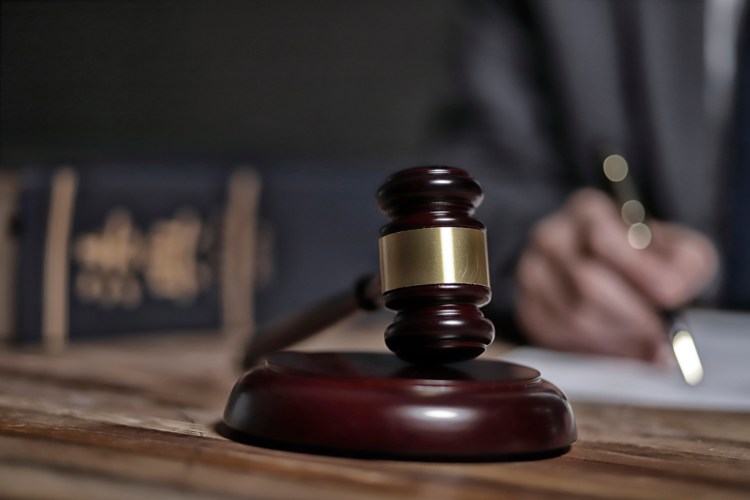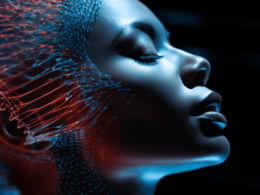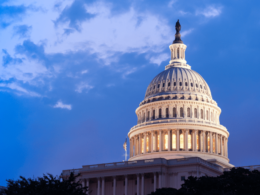The Urgency of Addressing AI Bias
The advent of potent generative AI tools like ChatGPT has been likened to a transformative “iPhone moment” for our generation. These tools have garnered immense popularity, with OpenAI’s ChatGPT website attracting a staggering 847 million unique monthly visitors in March.
This surge in interest has led to heightened scrutiny, prompting several countries to take swift measures to safeguard consumers.
The Global Response
Italy, in a groundbreaking move, initially blocked ChatGPT on privacy grounds in April but later reversed the ban after four weeks. Meanwhile, other G7 nations are contemplating a coordinated approach to AI regulation.
The United Kingdom is set to host the world’s first international AI regulation summit, with Prime Minister Rishi Sunak aiming to establish essential “guardrails” for AI, ensuring its safe and responsible development and adoption.
The Hidden Challenge: AI Bias
Amidst these discussions of safety, a more profound concern often remains overlooked: AI bias, also known as “algorithm bias.”
AI bias emerges when human biases infiltrate the datasets used to train AI models. These biases, encompassing sampling, confirmation, and human biases (related to gender, age, nationality, and race), compromise the independence and accuracy of AI-generated outcomes.
The Growing Significance of AI Bias
As generative AI advances and exerts its influence on society, the urgency of addressing AI bias becomes increasingly evident. AI is now instrumental in critical areas such as face recognition, credit scoring, and










